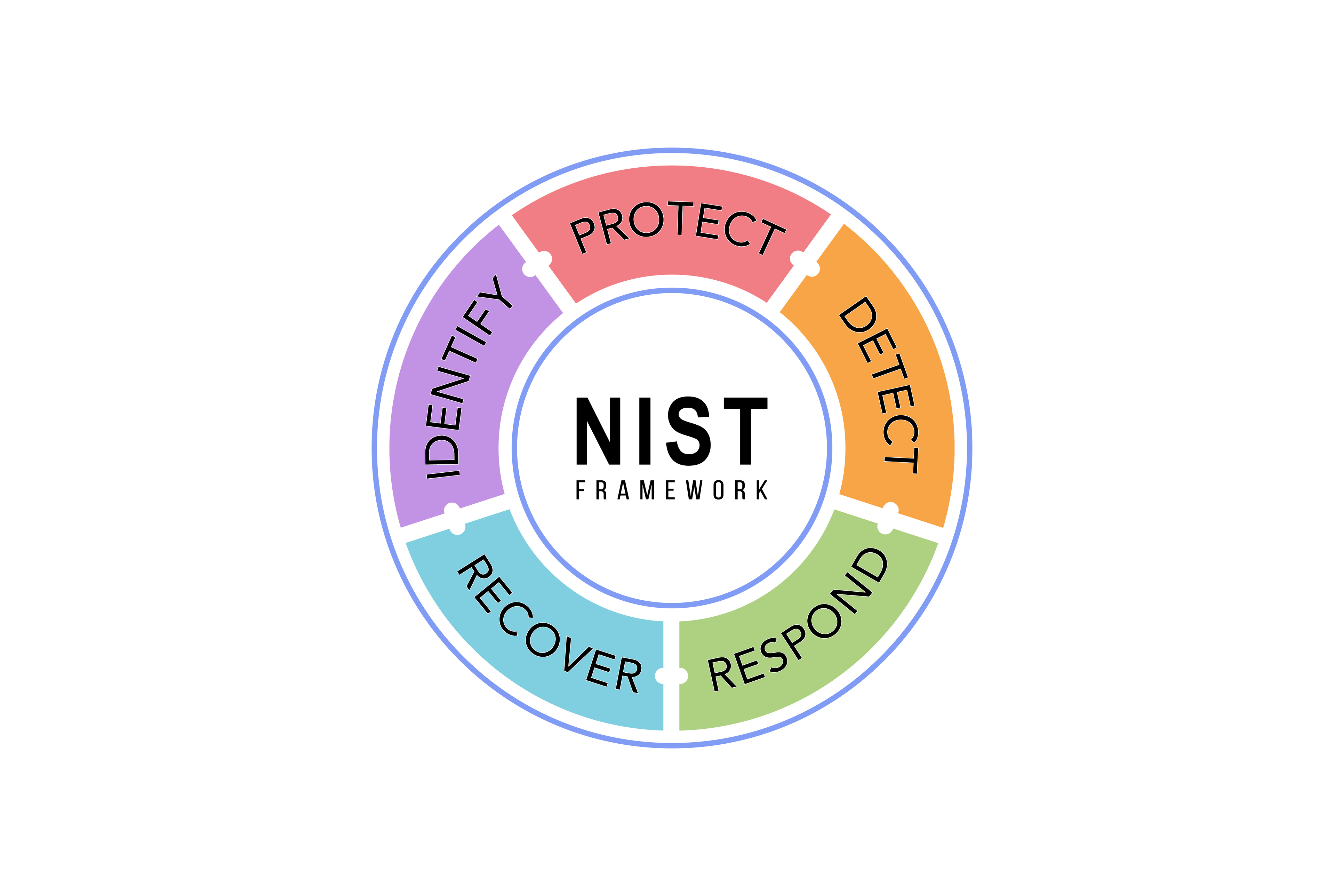The National Institute of Standards and Technology (NIST) has recently unveiled three new Federal Information Processing Standards (FIPS) aimed at addressing the emerging challenges posed by quantum computing. These standards—FIPS 203, 204, and 205—represent a pivotal advancement in strengthening the resilience of digital communications against future quantum threats, while also bolstering current cryptographic practices.
Overview of the New Standards
FIPS 203: Module-Lattice-Based Key-Encapsulation Mechanism Standard
FIPS 203 introduces the Module-Lattice-Based Key-Encapsulation Mechanism (ML-KEM), a protocol based on the Kyber algorithm. This standard is designed to enhance key agreement protocols such as Transport Layer Security (TLS), replacing traditional methods with a system believed to be secure against quantum computer attacks. Although ML-KEM requires larger public keys and ciphertexts, it compensates with fast performance, which is essential for secure and efficient key exchanges. The standard includes three parameter sets—ML-KEM-512, ML-KEM-768, and ML-KEM-1024—each offering varying levels of security and performance tailored to different needs.
FIPS 204: Module-Lattice-Based Digital Signature Standard
FIPS 204 specifies the Module-Lattice-Based Digital Signature Algorithm (ML-DSA), grounded in the Dilithium algorithm. This standard is crucial for maintaining the reliability of digital signatures in a post-quantum world. While it involves larger signatures and public keys, FIPS 204 enhances verification speeds compared to existing methods. The ML-DSA algorithm is vital for ensuring the integrity and authenticity of signed data, which is essential for non-repudiation and legal processes.
FIPS 205: Stateless Hash-Based Digital Signature Standard
FIPS 205 introduces the Stateless Hash-Based Digital Signature Algorithm (SLH-DSA), derived from SPHINCS+. Designed for applications like firmware updates, where quick verification is critical, this standard provides robust security with compact public keys (32 bytes) and larger signatures (around 7 kilobytes). By utilizing SHA-2 or SHA-3, FIPS 205 prevents easy forgery or repudiation of signatures.
Industry Context and Quantum Computing Insights
The release of these standards comes at a crucial time, with quantum computing technology advancing rapidly. Companies like IBM are at the forefront, projecting the delivery of an error-corrected quantum system by 2029, which could potentially break current encryption methods. This development underscores the urgency of evolving cryptographic practices to meet future threats.
Quantum computers, equipped with Shor’s algorithm, present a significant risk to existing asymmetric encryption methods such as RSA and elliptic curve cryptography. The new FIPS standards address this risk by employing cryptographic algorithms based on lattice problems, which remain resistant to quantum attacks. Unlike traditional methods reliant on factoring large numbers or solving discrete logarithm problems, lattice-based problems present a formidable challenge for quantum machines.
Theoretical and Practical Implications
Theoretical concerns about quantum decryption have been on the radar since 1996 with the advent of Shor’s algorithm. However, it was only in the mid-2010s that quantum computing began transitioning from theory to reality, heightening concerns among organizations like the NSA. As quantum machines have become more plausible, the push for quantum-resistant cryptographic solutions has intensified.
NIST’s post-quantum cryptography competition, launched in 2016, aimed to develop algorithms robust enough to withstand quantum decryption. The newly adopted standards reflect this effort, offering solutions to both current and anticipated threats. While the lattice-based algorithms currently appear secure, the cryptographic community remains vigilant, aware that emerging technologies could potentially challenge these new methods.
Emerging Technologies and Future Considerations
Beyond quantum computing, other technological advances could impact cryptographic security. Progress in artificial intelligence, neuromorphic computing, and optical computation might also affect current cryptographic methods. AI, in particular, could lead to new forms of cryptanalysis if it achieves general artificial intelligence capabilities. Neuromorphic chips, designed to mimic neural architectures, could offer new computational speeds, while optical computation promises faster processing through the use of light.
These ongoing technological advancements highlight the need for cryptographic agility—the ability to swiftly transition from one compromised algorithm to a more secure solution. The new FIPS standards are a crucial step in this direction, providing a foundation for securing data against both present and future threats.
How Can Netizen Help?
Netizen ensures that security gets built-in and not bolted-on. Providing advanced solutions to protect critical IT infrastructure such as the popular “CISO-as-a-Service” wherein companies can leverage the expertise of executive-level cybersecurity professionals without having to bear the cost of employing them full time.
We also offer compliance support, vulnerability assessments, penetration testing, and more security-related services for businesses of any size and type.
Additionally, Netizen offers an automated and affordable assessment tool that continuously scans systems, websites, applications, and networks to uncover issues. Vulnerability data is then securely analyzed and presented through an easy-to-interpret dashboard to yield actionable risk and compliance information for audiences ranging from IT professionals to executive managers.
Netizen is an ISO 27001:2013 (Information Security Management), ISO 9001:2015, and CMMI V 2.0 Level 3 certified company. We are a proud Service-Disabled Veteran-Owned Small Business that is recognized by the U.S. Department of Labor for hiring and retention of military veterans.
Questions or concerns? Feel free to reach out to us any time –
https://www.netizen.net/contact



